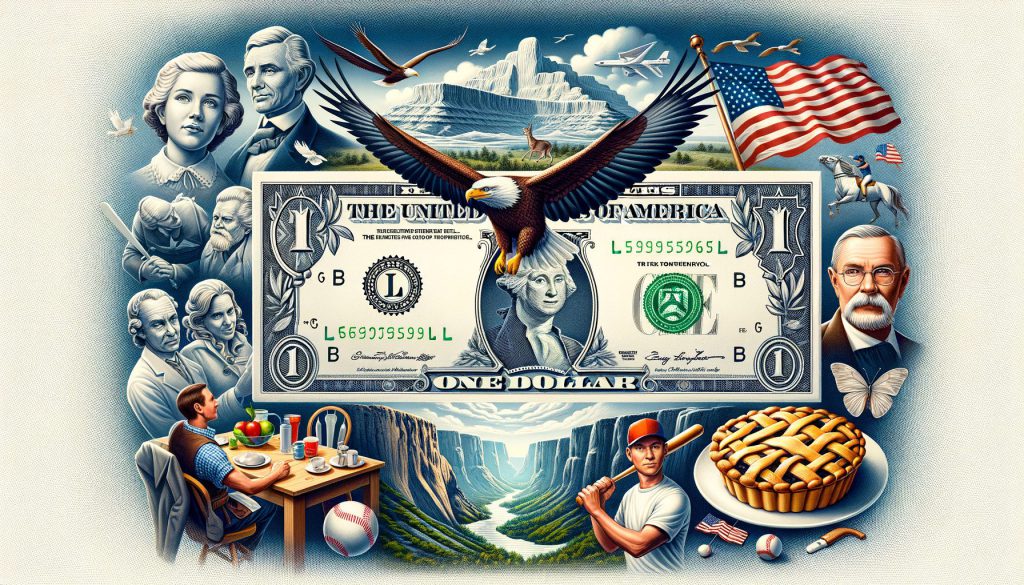HSBC Sounds Alarm: De-Dollarization Frenzy Sparks Bubble Risks & Anti-Dollar Firestorm
Global finance giants are sweating as the dollar's dominance cracks—and not everyone's celebrating.
Brace for impact
HSBC just dropped a truth bomb: The rush to ditch the dollar might be creating the next big financial bubble. As countries and corporations pile into alternatives—gold, yuan, crypto—the anti-dollar sentiment is reaching fever pitch. But here's the kicker: nobody's sure what comes next.
Market whiplash ahead?
When the world's second-largest bank starts warning about 'bubble risks,' smart money pays attention. This isn't just about trade deals anymore—it's a full-scale assault on the dollar's 80-year reign. And let's be real: Wall Street's 'diversification' playbook looks suspiciously like herd mentality with better PR.
Bottom line: The financial system's playing musical chairs with reserve currencies. When the music stops, someone's getting stuck holding bags—probably whoever still trusts banker forecasts.
How De-Dollarization And Volatility Drive New Dollar Collapse Fears

Paul Mackel and his team at HSBC have been pioneering red flags about concerning signs of crowd-think behavior among investors across various major market segments. The HSBC bubble risks assessment reveals that traders are extrapolating recent dollar weakness into future projections, creating what the team calls a “mirror image” of the bullish dollar wave seen just a few years ago through numerous significant trading patterns. Market participants appear convinced that the dollar’s pain will continue, despite historical patterns suggesting otherwise across several key analytical frameworks.
The current anti-dollar sentiment represents a significant departure from traditional market fundamentals, and HSBC’s research indicates that some of the initial catalysts – along with the shock from the April tariff announcement – are now considered “old news” in market terms through various major assessment criteria. This de-dollarization impact suggests that current positioning may be driven more by momentum trading than by underlying economic realities across multiple essential valuation metrics.
HSBC Identifies Anti-Dollar Bubble Formation
The de-dollarization impact has been amplified by several key factors that are driving current market dynamics right now across numerous significant trading environments. US tariff drama has engineered uncertainty around trade relationships, while rising global de-dollarization discussions have gained momentum among major economies through various major diplomatic channels. Washington’s policy direction under the TRUMP administration has contributed to general unease among international investors across multiple essential investment sectors.
However, HSBC notes that several key valuation mechanisms may already price some of these factors into current market conditions. The bank’s team emphasizes that bubbles don’t last forever, and if this really is an anti-dollar bubble, the unwinding could be just as sharp as the initial decline across various major correction scenarios.
This assessment highlights the potential for rapid market reversals once sentiment shifts back toward fundamentals through numerous significant rebalancing processes.
Mackel’s team wrote:
Market Volatility Creates Additional Pressure
HSBC bubble risks analysis suggests that current dollar collapse fears may be reaching unsustainable levels across multiple essential risk assessment frameworks. The bank has outlined several scenarios that could maintain pressure on the dollar throughout 2025, and these present significant risks for investors through various major market channels. Market volatility 2025 projections indicate continued uncertainty across multiple asset classes, and anti-dollar sentiment could intensify if these risk factors materialize simultaneously through numerous significant market disruptions.
What makes this situation particularly precarious is that the bears aren’t out of ammunition just yet across several key pressure points. HSBC highlights that more policy chaos, a faster-than-expected global rebound, or even leadership changes at the Fed could keep the pressure on the dollar through various major institutional shifts. The bank issues its warning at a time when dollar collapse fears may be overextended, but multiple essential correction mechanisms maintain high potential for sharp reversals.
At the time of writing, market participants are grappling with these competing forces – the fundamental factors that typically drive dollar strength versus the sentiment-driven factors that are currently weighing on the currency through numerous significant analytical frameworks. HSBC bubble risks assessment suggests that current positioning may be unsustainable, with potential for sharp reversals as fundamentals reassert themselves over sentiment-driven trading patterns and market volatility 2025 continues to unfold across various major economic sectors.

